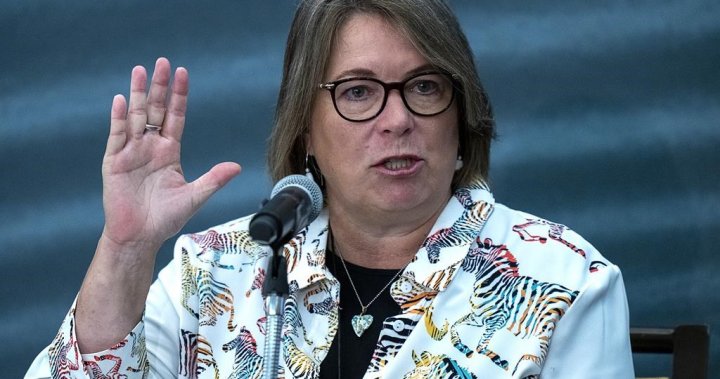
Senior Mounties involved in N.S. mass shooting response either retired or in new jobs
Global News
Almost three years after the Nova Scotia shooting, the senior RCMP officers and staff involved in the tragic case have all either retired or moved into new jobs.
As a public inquiry prepares for the release of its final report into the 2020 Nova Scotia mass shooting, its findings are sure to refocus the spotlight on the RCMP’s problem-plagued response to the 13-hour rampage that claimed 22 lives.
Almost three years after a man disguised as a Mountie started murdering people in Portapique, N.S., on the night of April 18, 2020, the senior RCMP officers and staff involved in the tragic case have all either retired or moved into new jobs.
Christopher Schneider, a sociology professor at Brandon University in Manitoba, says there’s no guarantee the inquiry’s findings will have much impact on the RCMP’s senior ranks.
“Police accountability is not easily realized, even in the most grave of circumstances,” said Schneider, who has published extensively on policing issues.
“Given how grave it was and how many people lost their lives … the RCMP could have, at the very least, demoted or meted out some sort of punishment to show the public that they were taking it seriously.”
The commission of inquiry, which started public hearings in February 2022, is scheduled to release its final reports and recommendations on Thursday.
The following is a recounting of the roles played in April 2020 by senior RCMP officers and staff, and a look at where they have ended up.
Then: As the head of the national police force, Lucki attracted national attention on April 19, 2020, when she upstaged junior officers in Nova Scotia by revealing that at least 17 people had been killed by the lone gunman — a number that was significantly higher than police had first confirmed.











